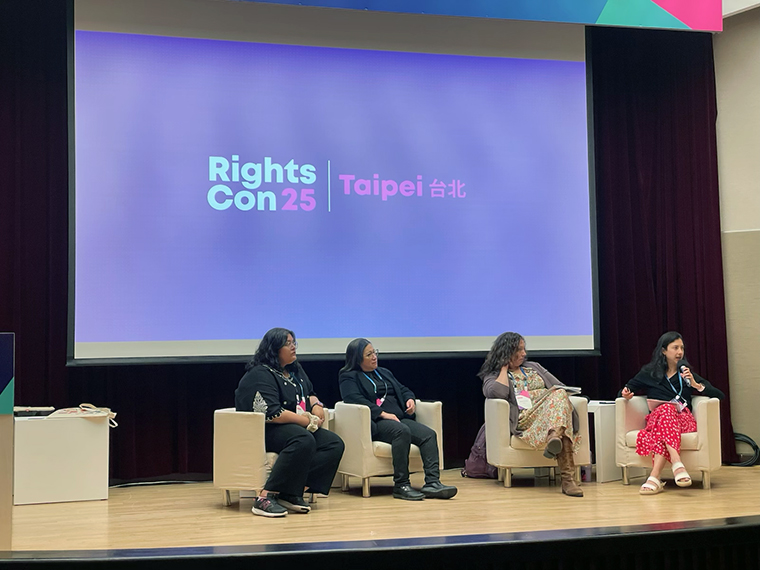Why the Private Sector Should Support Human Rights Teaching at Business Schools

May 22, 2024
I just finished teaching undergraduate and graduate-level classes on business and human rights at the Geneva School for Economics and Management (GSEM) at the University of Geneva. Highlights in my courses are the guest speakers who passionately share their insights from or about corporate practice. They make the case for teaching human rights management skills in a way that no academic scholar can: Their conviction that addressing human rights matters to business success does not come from textbooks but often from lived experience.
If the private sector wants to hire graduates with an understanding of how business affects human rights and how it can develop solutions to potentially adverse human rights impacts, corporate leaders need to tangibly support the integration of human rights in business school curricula. They need to support it not only with guest lectures but also with public statements about why respecting human rights makes good business sense, how to do it, and why they are looking for future leaders that know how manage human rights in everyday business practice.
Why is it so important for private sector leaders to speak up? Because business school deans and other faculty members need to hear from them. Otherwise, deans and many professors will remain reluctant to prioritize human rights in core courses. They will continue to relegate human rights to broader “sustainability” courses, which have always been more focused on the environment. These environmental topics are vital but should not preclude a focus on issues like abuses of outsourced labor, exploitation of migrant labor, or dangerous working conditions for workers in the informal sector.
In total, I teach about 100 students per year. That’s 1,000 students in 10 years. The director of our Center at NYU, Prof. Michael Posner, also teaches business and human rights, and so do the over 200 professors that are part of the business school network that we created to jointly advance the integration of human rights in business school education.
If 1,000 teachers globally were to teach 100 students every year, then collectively we could reach 100,000 students in 10 years. These students can become human rights ambassadors and innovators in corporate practice. They can develop business models that align profits and human rights principles.
Integrating human rights in business school curricula is part of a long-term strategy to transform the global economy. Our business school network works on this agenda. Enlightened corporate leaders need to support this type of action now.
 Business Education
Business Education Business & Human Rights Leadership
Business & Human Rights Leadership


